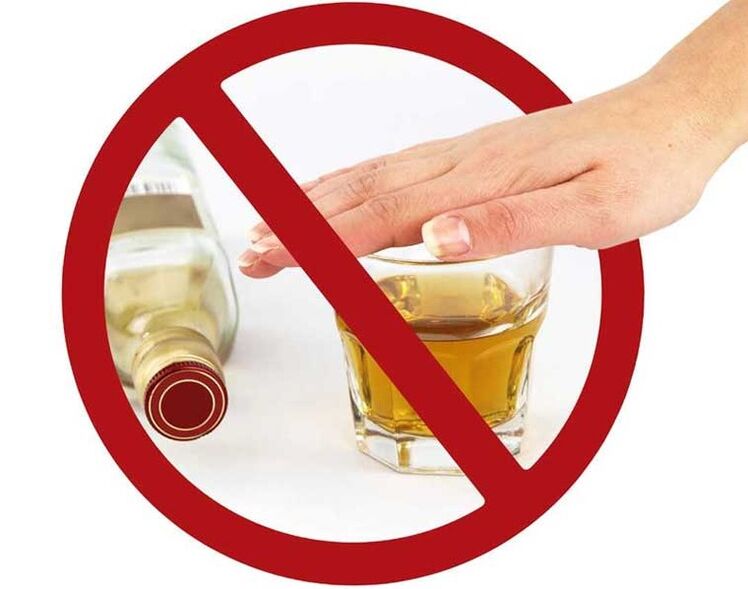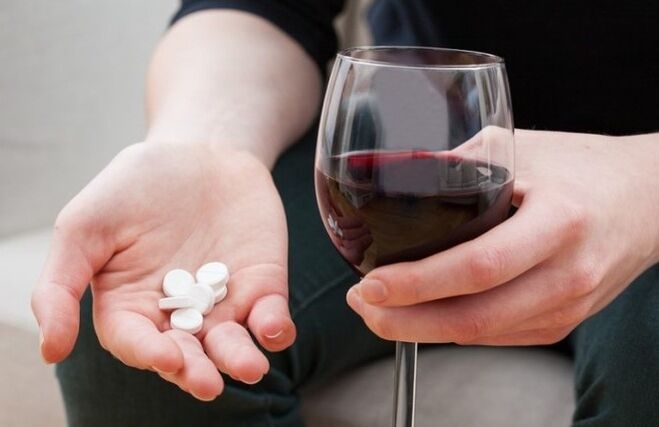It is no secret that dental treatment requires the use of anesthesia to relieve pain. Both the dentist and the patient must perform this procedure responsibly. It is recommended not to drink alcoholic beverages to avoid unpleasant results and minimize risks. Why do experts ask to abstain from alcohol during dental interventions? You should understand this issue in more detail.
Why you should not drink alcohol before going to the dentist
Can I drink hard drinks before dental treatment? Drinking alcohol before going to the doctor is very undesirable, because the effectiveness and end result of dental anesthesia depends on the general condition of the body.

- Anesthetics are used in many dental procedures. They numb nerve fibers and drown out the pain. Alcohol under local anesthesia can interfere with medications and cause increased sensitivity of the teeth and gums.
- Painkillers themselves can cause side effects such as dizziness, cramps, nausea and vomiting. Alcohol can increase the adverse effects on the body, leading to anaphylactic shock.
- Drinking alcohol is strictly prohibited before tooth extraction. The entry of ethanol into the blood reduces its coagulability, dilates blood vessels and increases the risk of complications. Bleeding is difficult to stop, so a chronic inflammatory process occurs.
Negative effects of alcoholic beverages
Many people mistakenly believe that drinking alcohol after dental treatment can disinfect the mouth. But this is a big mistake. Are spirits compatible with dental anesthesia? If you don't want to harm your health, you should consider the harmful effects of alcohol on the body. Why is drinking alcohol to treat dentistry dangerous? It can lead to the following negative consequences:
- Corrodes tooth enamel, destroys teeth,
- Reduce the effect of anesthetics,
- Cause inflammation,
- Increase the risk of allergic reactions,
- Cause blood pressure fluctuations,
- Increase the load on the liver and cardiovascular system,
- Enhance pain,
- Slows tissue healing,
- Cause unconsciousness.
In addition, the combination of alcohol and narcotic drugs has a negative effect on the central nervous system. Often unpredictable side effects: headache, weakness, seizures, heart palpitations.
How long can I drink alcohol after anesthesia
How long can I drink alcohol after anesthesia? The term is determined by the dentist and depends on the nature of the intervention and the type of treatment. The anesthesia was not dealt with immediately, so the banquet should be postponed. After dental surgery, you must wait at least one day. Drinking alcohol is allowed within 48 hours after the drug is completely cleared from the body. It is worth noting that after tooth extraction, it is recommended to extend the period of refusal of strong drinks by 6-7 days. If your blood clotting is low, it is best to fast for longer. This will reduce the risk of complications: inflammation, suppuration and infection.
Alcoholic beverages can greatly affect the outcome of your treatment. As a result, dental intervention will be ineffective and unsuccessful. No matter how much you want to overcome anxiety and stress, it is best to forget about alcoholic beverages during the procedure.
Suggest
All alcoholic beverages contain ethanol. If you drink vodka, wine, cognac or beer, the liver will bear a double load. The body needs to metabolize painkillers and alcohol. The use of antibiotics, analgesics, and antihistamines can aggravate the negative effects on the liver. To avoid toxic shock, you need Follow the tips below:
Follow the tips below:
- If you plan to see the dentist on the same day, you should avoid drinking alcohol.
- If your dental surgery involves the use of antibiotics, it is best not to drink alcoholic beverages during the entire treatment.
- Before making an appointment, it is necessary to inform the dentist about the presence of allergic reactions and the medications used the day before.
- Remember that the success of medical procedures depends on proper preparation. If the dental surgery is irresponsible, additional anesthesia or re-intervention may be required.
There is no doubt that drinking strong beverages during dental anesthesia is very undesirable. If you want the process to be safe and painless, you should read the above recommendations carefully.
Don't be afraid to go to the dental office. You can consult a competent expert and he will tell you how to properly prepare for the treatment process. A professional dentist will choose a personal anesthetic and recommend the most effective method of rapid recovery.
























